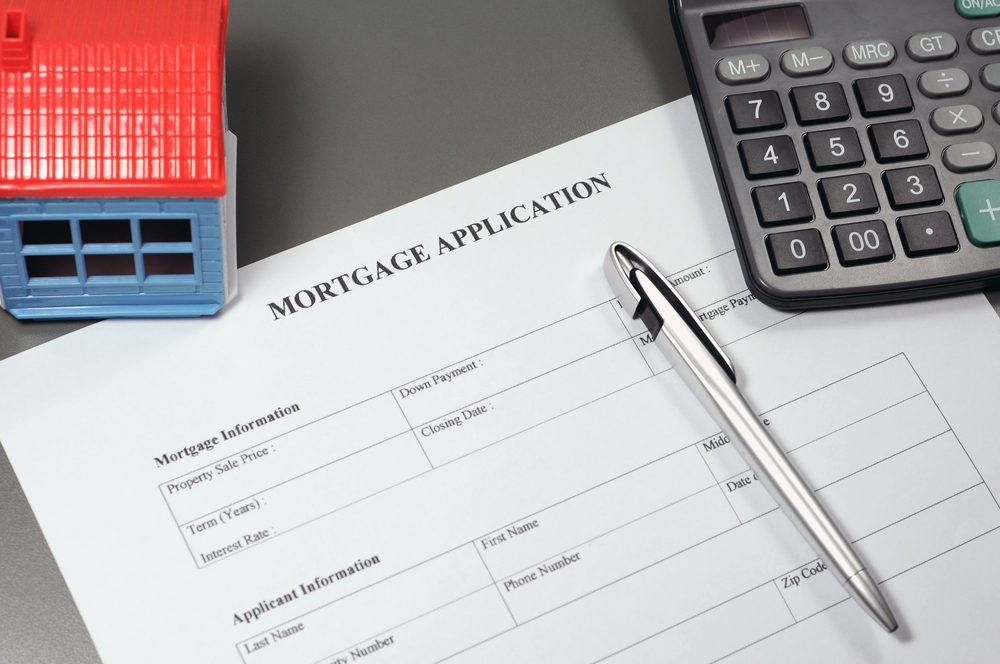How to get a home loan as a sole trader
There are plenty of upsides to being a sole trader. You get to be your own boss, work flexible hours, and earn a higher income.

However, things start to become more challenging when it comes time to secure a home loan. Many lenders require you to provide a long list of documents in order to demonstrate your taxable income. If you don’t have these on hand, you may need to apply for a low doc loan, which requires you to have a larger deposit or take out a home loan at a higher interest rate.
So how can you secure a home loan as a sole trader, and ensure the process is as smooth and seamless as possible?
Can I get a home loan as a sole trader?
Yes. If you are self-employed as a sole trader/proprietor in Australia, you can apply for a home loan. However, the process of acquiring a home loan is different than it is for a regular PAYG employee.
If you’re a salaried employee at a company, this part is fairly straightforward. You simply submit the following documentation to a lender:
- Copies of recent payslips showing continuous employment, employment contract and proof of income, and
- Copies of your most recent bank statements to show salary credit from your employer
When you’re a sole trader, lenders require you to provide a greater amount of documentation in order to demonstrate that you have a steady income and are able to make your mortgage repayments. This is because of the fluctuating nature of your sole trader income when compared to a salaried employee.
What documentation do sole traders and self-employed individuals need for a home loan?

Each lender has different criteria when it comes to home loans for sole traders and those that are self-employed. However, there are some universal documents that you will be required to apply for a home loan as a sole trader.
These include:
- Individual tax returns
- Corresponding ATO notice of assessment for this period
- Business activity statements (BAS)
- Other financial information related to your business, such as tax returns, profit and loss statements, balance sheets, and business transaction account statements
- Some lenders also require a declaration letter from your accountant that confirms your income
In addition to this, most lenders will also require you to have had your ABN for a minimum of two years, as this is generally viewed as a sufficient amount of time to demonstrate your income stability.
What if I do not have this documentation or have been in business for less than two years?
You may still be able to get approved for a home loan with some lenders if you have been a sole trader for less than two years but have worked in your industry for a significant amount of time.
If you have been in business for less than two years or can’t provide adequate financial documentation, you may need to opt for a low documentation home loan (otherwise known as a low doc home loan).
As the name suggests, low doc home loans require less documentation than other types of home loans. This specialised type of home loan allows you to provide alternative information to prove that you can repay your loan, such as:
- A signed Borrower’s Income Declaration stating your usual income
- Your registered business name and ABN
- Business Activity Statements (BAS) for the last 12 months
- Proof that you have been registered for GST for at least 12 months
However, low doc home loans also come with some drawbacks, including:
- A larger deposit for your home loan. Lenders generally require a minimum deposit of 20% of the purchase price for home loans. With low doc loans, you typically require a deposit of up to 40% of the purchase price of the property.
- Higher interest rates. Often, low doc home loans have a higher interest rate than traditional home loans. However, this varies from lender to lender and will depend on how much supporting documentation you can provide.
- Higher Lender’s Mortgage Insurance (LMI) premiums With traditional home loans, lenders charge LMI if your deposit is less than 20% of the purchase price of the property. As low doc loans are generally viewed as riskier, most lenders will charge LMI if you are taking out a loan for more than 60% of the property value. If you’re securing a loan from a non-bank lender, you may be charged a risk fee instead.
Because of this, we generally recommend opting for a full doc home loan whenever possible. If you’re not sure whether you qualify for a full doc home loan, get in touch with us today. Our friendly team of brokers will help you find the best option for your self-employed home loan.
As a sole trader, how much can I borrow for a home loan?
This depends on the type of loan you are applying for:
- If you are applying for a full doc home loan, then you can borrow up to 95% of the property value.
- If you are applying for a low doc home loan, you can borrow between 60-85% of the property value, depending on the lender.
Find out how much you can borrow as a sole trader using our borrowing power calculator.
Speak to an expert sole trader mortgage broker today
Getting a home loan as a sole trader sounds complicated, but it doesn’t have to be. If you’re looking to buy a property, our team can help you find the right lender for your financial situation. Simply contact us by filling out this form, or call us on (02) 8006 8184.
** General Advice Warning
The information provided on this website is general in nature only and it does not take into account your personal needs or circumstances into consideration. Before acting on any advice, you should consider whether the information is appropriate to your needs and where appropriate, seek professional advice in relation to legal, financial, taxation, mortgage or other advice.




